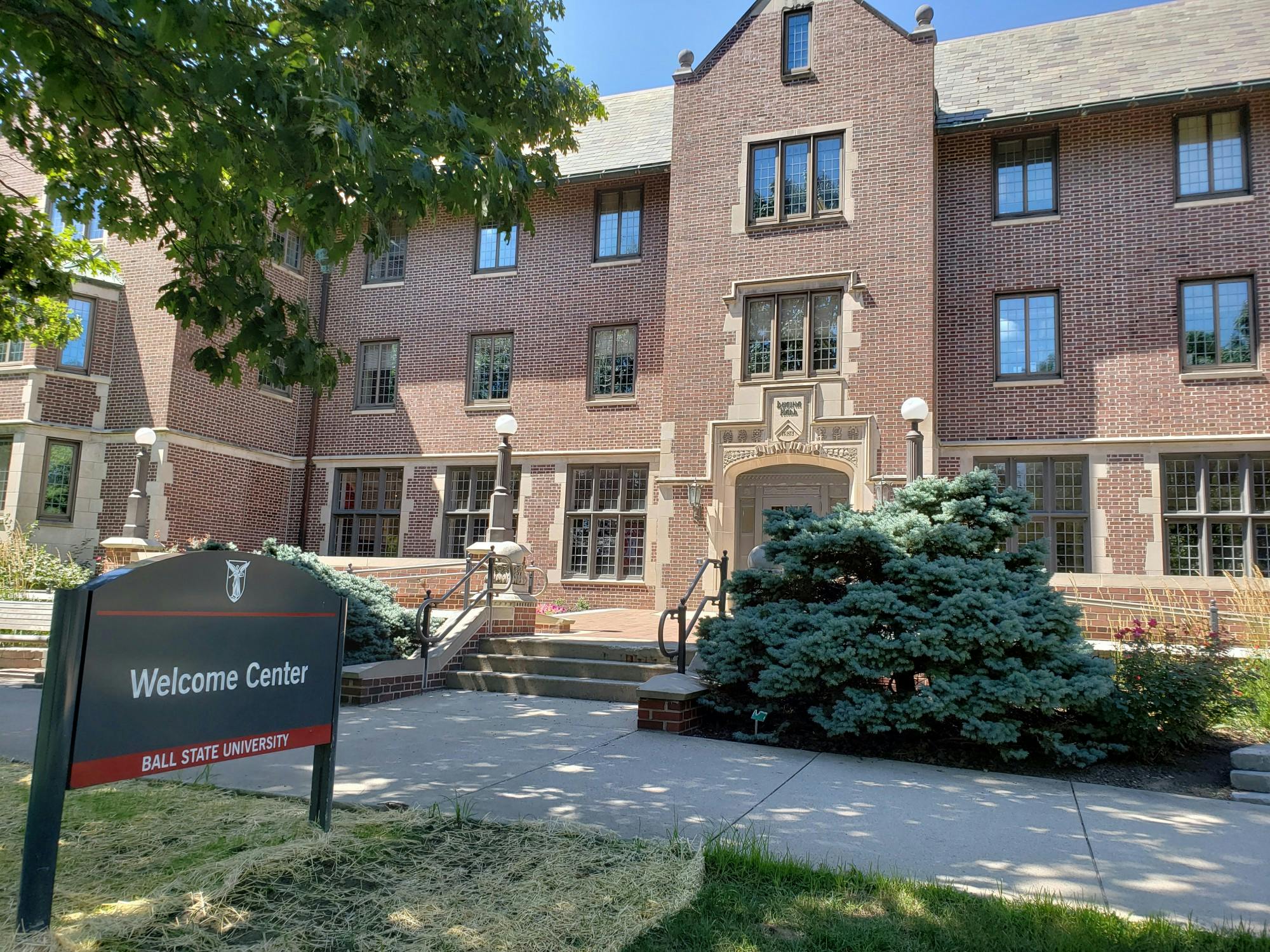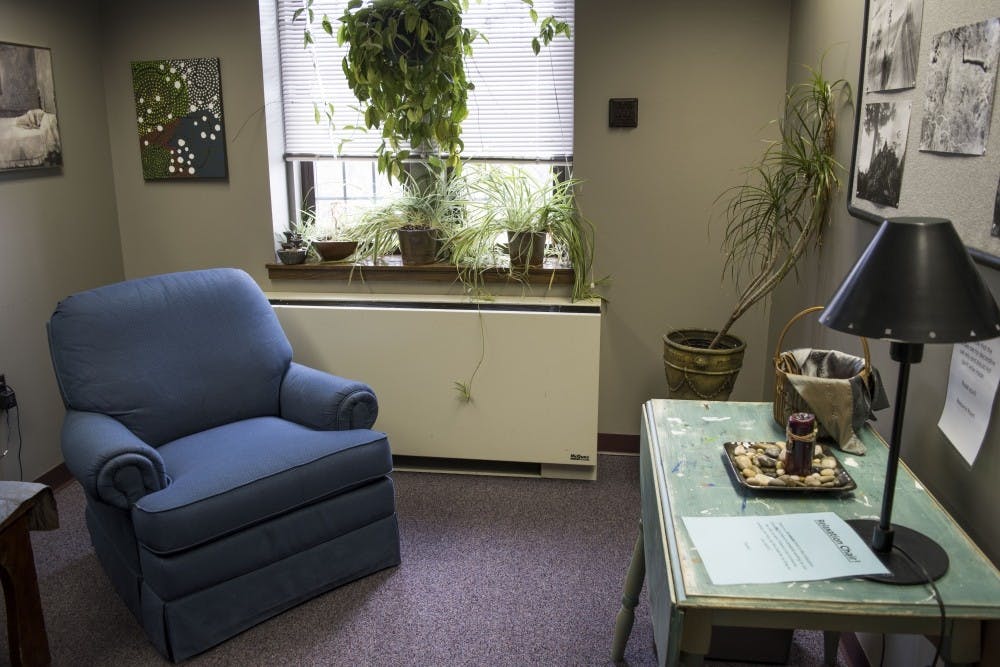Therapy can be very beneficial to individuals struggling with mental health and conflict in their day-to-day lives. There are a wide variety of reasons that someone would attend therapy to improve their quality of life.
According to the Substance Abuse and Mental Health Administration, a common myth surrounding mental health is that people with mental health issues cannot fully recover –however, this is untrue. According to the organization’s website, “There are more treatments, services, and community support systems than ever before, and they work.”
With mental health concerns on the rise, it’s increasingly important that people are taking the precautions necessary to maintain good mental health. Here are six reasons to go to therapy:
Mental Illness and Stress
According to the National Alliance on Mental Illness (NAMI), there are many different mental health conditions that include therapy as a possible benefit for the individual impacted. These conditions include:
- Anxiety Disorders
- ADHD
- Bipolar Disorder
- Borderline Personality Disorder
- Depression
- Dissociative Disorders
- Eating Disorders
- Obsessive-Compulsive Disorder
- Post-traumatic Stress Disorder
- Psychosis
- Schizoaffective Disorder
- Schizophrenia
According to the Centers for Disease Control and Prevention (CDC), “in 2018, about 19 percent of adults experienced any mental illness in the past year.”
“It is important to have open conversations about mental health in order to decrease the stigmas that surround it. Being able to ask for the help that you need is a strength,” Aubrey Driscoll, the associate director for prevention and wellness for the Ball State Counseling Center, said via email.
Grief
Dealing with loss is an experience that everyone goes through at some point in their lives.
According to the Center for Grief and Trauma Therapy, experiencing grief causes people to go through mood changes and experience many overwhelming feelings. Learning how to better manage these difficult emotions can allow for more efficient healing.
According to the Mayo Clinic, “Grieving is a highly individual process for each person, and determining when normal grief becomes complicated grief can be difficult.”Complicated grief occurs when an individual's symptoms of grief have not subsided in the months following the loss.
“Some mental health professionals diagnose complicated grief when grieving continues to be intense, persistent and debilitating beyond 12 months,” according to research conducted by the Mayo Clinic.
Family and Relationship Issues
Therapy for conflicts surrounding family and relationships covers a wide range of issues surrounding family systems. This can involve marital conflict, child-parent conflict, adapting to new illnesses, etc.
According to the American Association for Marriage and Family Therapy, “research studies repeatedly demonstrate the effectiveness of marriage and family therapy in treating the full range of mental and emotional disorders and health problems.”
Addiction
Breaking an addiction can be very difficult to do without a proper support system. Having help and people to hold you accountable is beneficial to many individuals struggling with addiction.
According to the Mayo Clinic, people struggling with addiction have also commonly been connected to people with a mental illness.
“If you can’t stop using drugs or alcohol on your own, you need treatment. Talk to your doctor about treatment options.”

The Welcome center is the hub for undergraduate admissions and holds the counseling center.
Trauma and PTSD
Trauma and post-traumatic stress disorder happen after life-threatening or distressing events in one’s life.
“PTSD treatment works,” according to the U.S. Department of Veterans Affairs. “Those who have gone through trauma can learn to feel safe in the world and cope with stress. There are several helpful treatments, so you have options. There is no one treatment that is right for everyone.”
If you think it would be beneficial for you
There are many reasons that one might consider therapy. If you feel that therapy will benefit you in some way, it might be worth a consultation.
“Therapy can be beneficial to students for a number of reasons. Students can find benefits to understanding themselves and their emotions and in finding more adaptive ways of coping with things they may be struggling with,” Driscoll said over email. “Therapists collaborate with students to meet them where they are and to assist them in providing them with resources to best meet their needs.”
Driscoll wants to make sure students know the resources at their disposal. All services offered at Ball State’s Counseling Center are free. Students have access to self-help resources 24/7 and there are no limits to the number of sessions an individual can receive from the Counseling Center.
“Deciding to make the decision to come to therapy for the first time can be anxiety provoking,” Driscoll said. “It can be helpful to ask questions about the therapeutic process or talk to people in your life who may have been in therapy who may help ease your anxiety.”
Contact Ella Howell with comments at ella.howell@bsu.edu.





